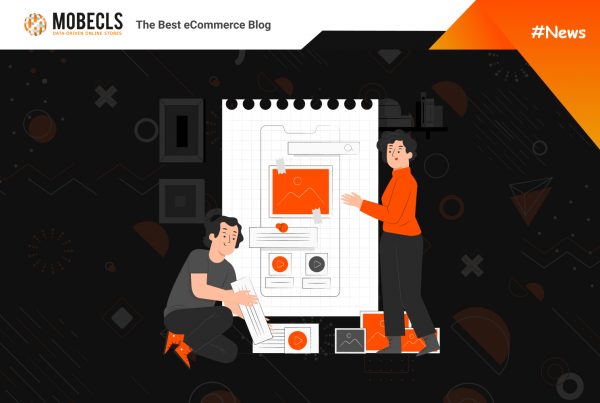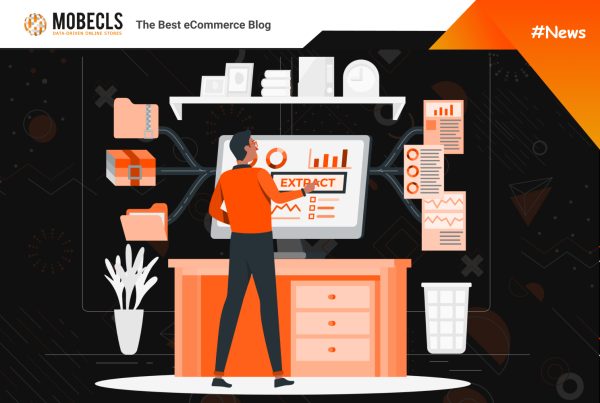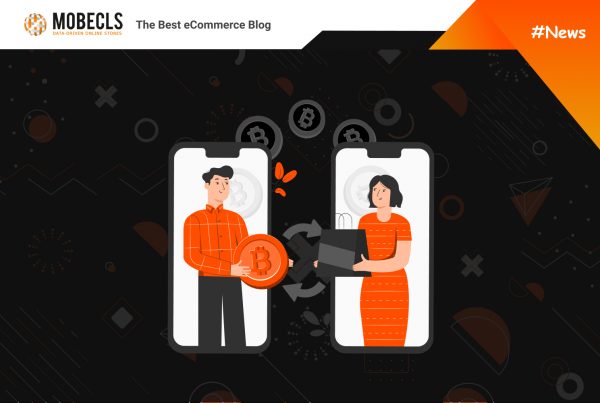For new or aspiring enterprises, eCommerce tax regulations might be difficult. Many people have been put off opening their own online stores because they are confused about how to collect and pay taxes. After all, no one wants to get an angry letter from the IRS stating that they owe unanticipated taxes. But don’t worry: we’ve compiled a concise review of everything a novice needs to know about how taxes affect your internet company.
Frequently Asked Questions About eCommerce Taxation
What tax laws should eCommerce companies be aware of?
The primary tax that eCommerce enterprises must be concerned about is sales tax. Ecommerce sales tax is calculated as a percentage of the purchase price (before delivery expenses), with the actual proportion differing by region. Ecommerce sales tax is equivalent to traditional sales tax and, like any other normal sales tax, is added throughout the payment process. The online retailer collects the total amount of sales tax and then remits (pays) it to the government.
If you’re selling to customers in the United States, you used to only have to worry about sales tax if you had a physical presence in a state (i.e. a brick-and-mortar store, warehouse, inventory, or salespeople/representatives). However, as a result of the South Dakota vs. Wayfair court case in 2018, eCommerce businesses must now consider economic nexus, which means that if you sell products to customers in a state that collects sales tax, you must collect and remit sales tax to that state as well once you reach a certain sales threshold.
What are each state’s sales tax laws?
State sales tax legislation differs. In the United States, 45 states (plus Washington, D.C., Puerto Rico, and several places around Alaska) levy sales tax. However, in some of these states, an additional sales tax may be levied in specific counties, resulting in buyers paying a “combined” sales tax. Customers in Rhinebeck, New York, for example, pay not just a state-imposed sales tax, but also a Dutchess County rate plus a modest additional tax that goes toward the area’s public transportation system.
Economic connection thresholds differ per state as well. In certain locations, you must collect and return sales tax if your company sells more than $100,000 in a year; in others, the threshold might be $500,000 or based on the number of transactions. To learn about sales tax in a specific location where you sell, use one of the many state-by-state sales tax charts accessible online.
Are all items taxable?
Not all goods necessitate the collection of sales tax. Taxable products differ by state, thus items that are tax-free in one state may be subject to sales tax in another. To determine whether your items are taxable, check state sales tax legislation.
Should my business charge sales tax?
To determine whether eCommerce tax applies to your website, ask yourself the following questions:
- Do I have a physical presence?
As previously stated, physical presence nexus is simply a fancy way of stating “substantial presence in a condition.” One general guideline is that the principles of physical presence nexus always apply to your home state. Other elements that influence physical presence nexus are:
- Physical store, office, or warehouse
- Number of employees
- Having to store certain amounts of inventory (for example, requiring a warehouse for inventory storage)
- Third-party shipper or drop shipping contractor
- Selling at trade shows, markets, and other events
- Having a marketing affiliate who advertises your products for a commission
- Selling to customers who live there
- Do I have an economic nexus?
In many jurisdictions, if your annual revenue exceeds $100,000 (or 200 transactions), you have reached economic nexus and must pay sales tax. Check online for the most recent economic nexus regulations in any states where your shop sells items since they might vary substantially.
- Are the items I sell taxable in each state?
As previously stated, whether or not an item is taxed varies by state. Groceries and clothes, for example, are not taxed in several states (except for luxury clothing items). Similarly, in certain states, pharmaceuticals and health items, publications, digital products (such as movies, music, and books), and textbooks/religious literature are tax-free. To find out if the things you sell are taxable in your state, go online and look up the state’s tax rules.
Final Thoughts
Unfortunately, there is no way around the reality that eCommerce taxes are complex, and the taxes you owe will vary greatly based on the things sold and where they are sold. That is why it is critical to consult with a tax or e-commerce business professional to determine how eCommerce tax regulations, particularly the new nexus requirements, relate to your online firm. Once you have the information and are confident that you are in compliance with the most recent rules, you can begin focusing on what is most essential to your business—marketing and selling your items.
If you’re new to selling online, Mobecls simplifies the thorny problem of eCommerce taxes through integrations such as Avalara, which automatically compute sales taxes for you by referencing up-to-date data on tax legislation in each state. If you need help with Avalara integration contact our experts or visit our Integration Services page.




